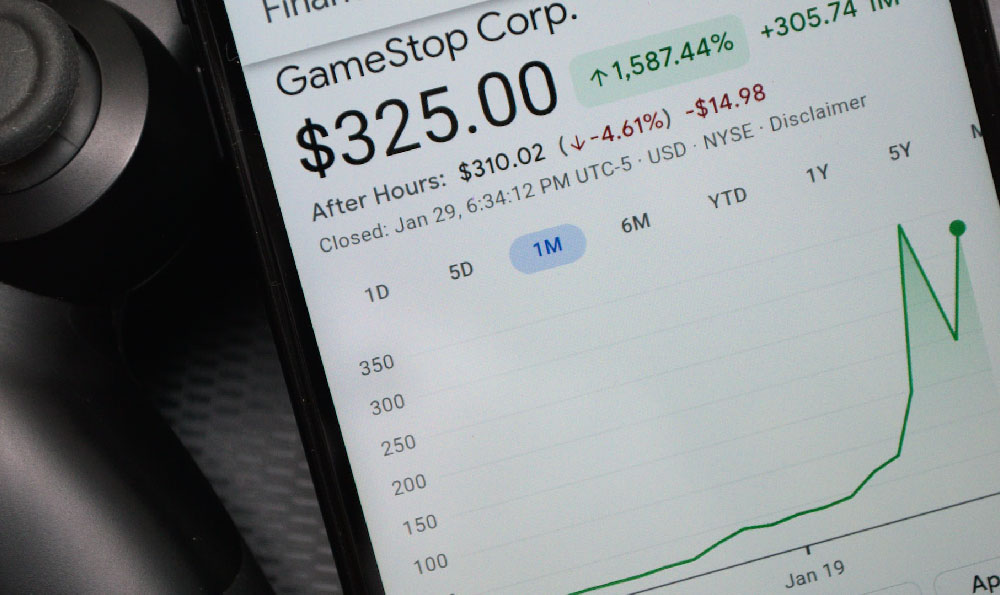Navigating the current investment landscape can feel like traversing a minefield. Inflation lingers, interest rates are volatile, and whispers of recession persist. The age-old question of "where to invest money now?" is more pressing, and perhaps more anxiety-inducing, than ever. Simultaneously, a counter-narrative suggests patience, waiting for the dust to settle before committing capital. Determining the appropriate course of action requires careful consideration of individual circumstances, risk tolerance, and a clear understanding of the available options.
The first step is a rigorous self-assessment. Before even considering specific investment vehicles, evaluate your financial health. This means analyzing your income, expenses, debts, and existing assets. Calculate your net worth and determine your monthly cash flow. A clear picture of your financial standing is crucial to understanding how much you can realistically invest, and what level of risk you can comfortably tolerate. Consider also your investment timeline. Are you saving for retirement in 30 years, a down payment on a house in 5 years, or a short-term goal in the next year? The longer your timeline, generally, the more risk you can afford to take.
Once you have a solid grasp of your financial situation, it’s time to examine the current investment landscape. Understanding the major market forces at play is essential for making informed decisions. Inflation, despite recent moderation, remains a key concern. High inflation erodes the purchasing power of your savings, making it crucial to invest in assets that can outpace inflation. Interest rates, influenced by central bank policies, impact borrowing costs and the attractiveness of fixed-income investments. Keep an eye on economic indicators such as GDP growth, unemployment rates, and consumer confidence, as these provide clues about the overall health of the economy and potential market movements.

With these foundational elements in place, the next crucial decision is allocating assets. Diversification, the bedrock of sound investment strategy, becomes even more crucial in uncertain times. Spreading your investments across different asset classes helps mitigate risk. Common asset classes include stocks, bonds, real estate, and commodities.
Stocks, representing ownership in companies, offer the potential for high growth but also carry significant risk. In the current environment, consider focusing on companies with strong fundamentals, solid balance sheets, and a proven track record of profitability. Value stocks, which are undervalued relative to their earnings and assets, may offer attractive opportunities as they are often less susceptible to market volatility. Dividend-paying stocks can provide a steady stream of income, adding a layer of stability to your portfolio. For investors willing to stomach higher risk for potentially higher rewards, consider growth stocks or small-cap companies, but keep allocations to these targeted and reflective of your overall risk profile.
Bonds, representing debt obligations, are generally considered less risky than stocks. They provide a fixed income stream and tend to perform well during periods of economic slowdown. However, rising interest rates can negatively impact bond prices. Consider investing in short-term bonds, which are less sensitive to interest rate fluctuations. Treasury Inflation-Protected Securities (TIPS) can help protect your portfolio from inflation. Corporate bonds, issued by corporations, offer higher yields than government bonds but also carry higher credit risk. Carefully assess the creditworthiness of the issuing company before investing in corporate bonds.
Real estate can be a valuable component of a diversified portfolio, providing both income and capital appreciation potential. Investing in real estate can take various forms, including directly owning property, investing in Real Estate Investment Trusts (REITs), or participating in crowdfunding platforms that invest in real estate projects. Analyze the local market conditions and potential rental yields before investing in real estate. Be aware that real estate is less liquid than stocks or bonds, and can be impacted by economic downturns.
Commodities, such as gold, oil, and agricultural products, can serve as a hedge against inflation. Gold, in particular, has historically been seen as a safe haven asset during periods of economic uncertainty. However, commodity prices can be volatile and are influenced by factors such as global demand, supply disruptions, and geopolitical events. Consider allocating a small portion of your portfolio to commodities, primarily as a hedge against inflation.
Now, addressing the "should you wait?" question. A blanket answer is impossible. Dollar-cost averaging, a strategy of investing a fixed amount of money at regular intervals, can be a prudent approach in volatile markets. This strategy reduces the risk of investing a large sum of money at the wrong time. By consistently investing, you buy more shares when prices are low and fewer shares when prices are high, averaging out your purchase cost over time. Waiting entirely on the sidelines can mean missing potential opportunities for gains. Market timing, attempting to predict market peaks and troughs, is notoriously difficult, even for professional investors. The optimal strategy is often a balanced approach – gradually deploying capital into diversified assets while maintaining a cash reserve for opportunistic purchases.
In conclusion, navigating the current investment environment requires a personalized approach that considers your financial circumstances, risk tolerance, and investment timeline. Diversification, a thorough understanding of market dynamics, and a disciplined investment strategy are crucial for achieving your financial goals. While the temptation to wait for market clarity is understandable, a balanced approach of gradual investment, dollar-cost averaging, and maintaining a cash reserve may be the most prudent path forward. Remember to consult with a qualified financial advisor who can provide personalized guidance based on your individual circumstances.












